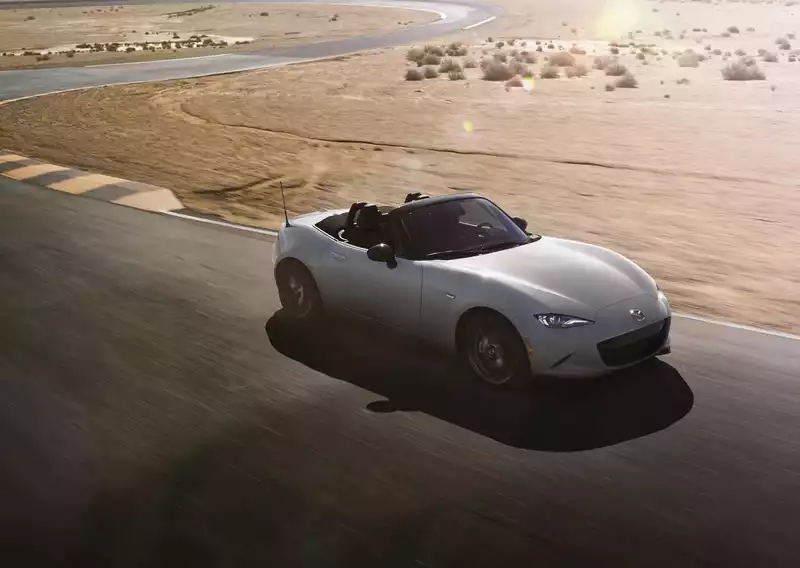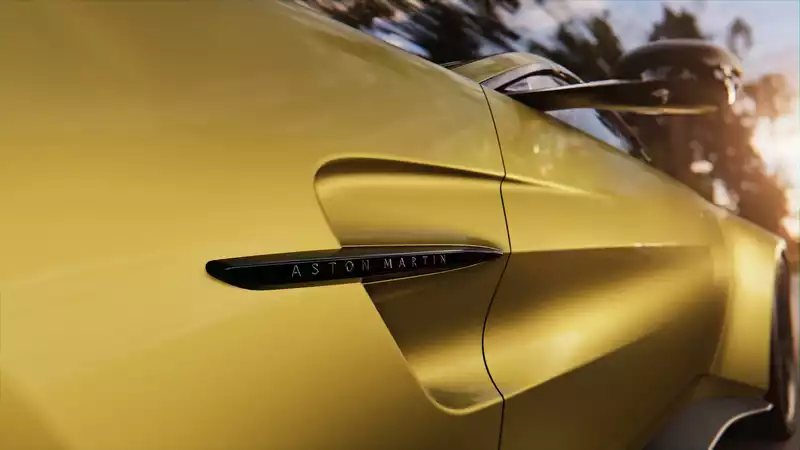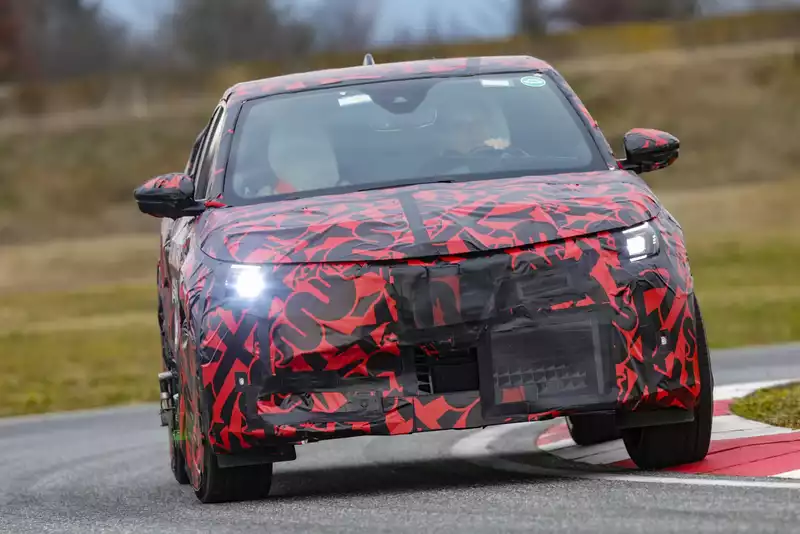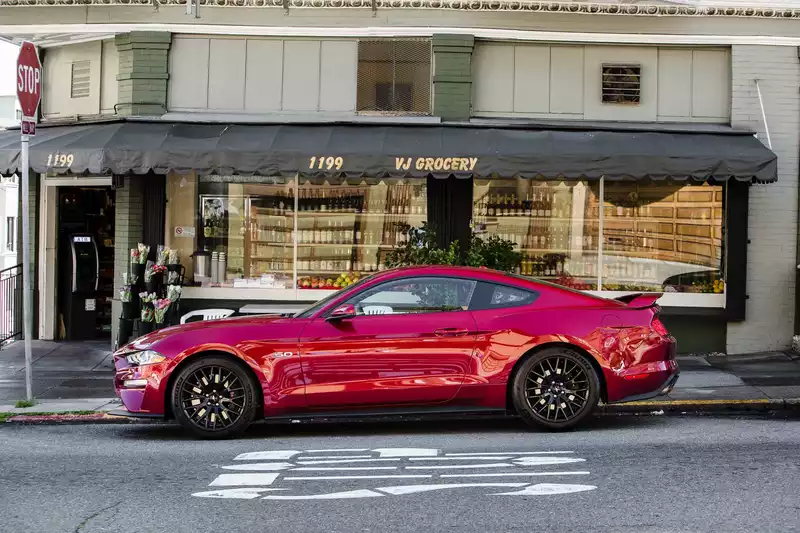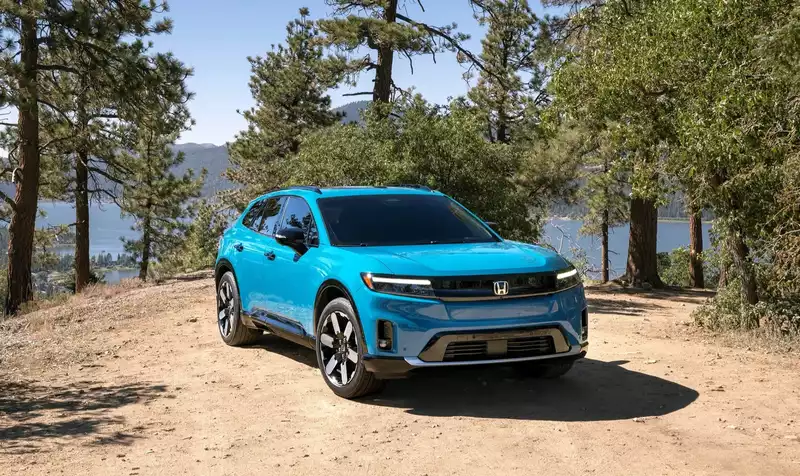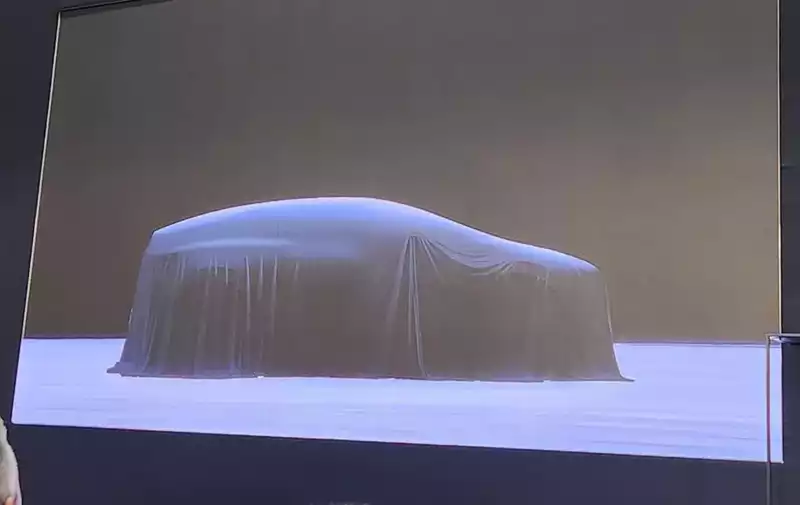BMW's 368-horsepower hydrogen-electric powertrain will enter production in 2022.
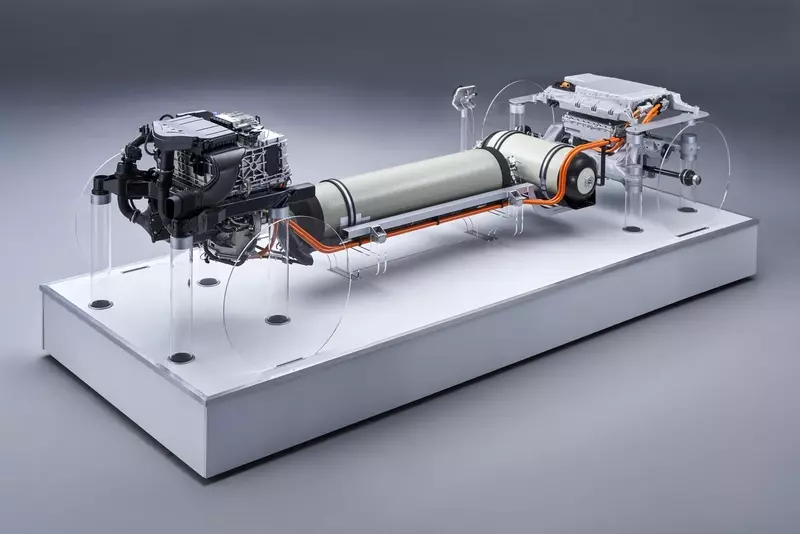
BMW plans to begin limited production of the hydrogen electric car it revealed last September with the unveiling of the X5-based i Hydrogen Next concept in 2022.
On Monday, BMW released the first details of the powertrain that will be used in the production version of the i Hydrogen Next, also based on the X5.
Hydrogen-electric cars are essentially electric cars with an electric motor driven primarily by a hydrogen fuel cell rather than a battery.
In the case of the upcoming BMW X5 hydrogen-electric car, the fuel cell is located at the front and receives hydrogen from two tanks, one in the X5's transmission tunnel and the other under the rear seat. The fuel cell combines the hydrogen with oxygen in the air to produce electricity that directly powers the rear axle electric motor.
The electricity from the fuel cell also charges a small battery, which also powers the electric motor at high loads. The total output of the system in this case is 368 hp. The fuel cell alone produces about 167 hp.
As mentioned above, only a limited number of hydrogen-electric X5s will be built. That said, BMW has no plans to sell it to private customers; BMW states that hydrogen-electric cars will not appear in dealerships until 2025 at the earliest. Depending on the direction of the market, BMW says this could be even later.
BMW is working closely with Toyota to develop future hydrogen-electric powertrains. However, BMW is still primarily focused on battery-powered vehicles. Moreover, the company plans to sell more than a dozen battery cars by the end of 2023.
The reason for developing the hydrogen-electric X5 is to be able to supply customers with their preferred powertrains in the future, be it gasoline, diesel, battery or hydrogen. In the case of hydrogen, BMW sees an opportunity for customers who prefer to drive long distances. [Klaus Fröhlich, BMW's head of research and development, says: "We are convinced that the future will see a combination of different alternative powertrain systems, as there is no single solution that meets all the mobility requirements of customers worldwide. Hydrogen fuel cell technology could well become the fourth component of our powertrain portfolio in the long term."
